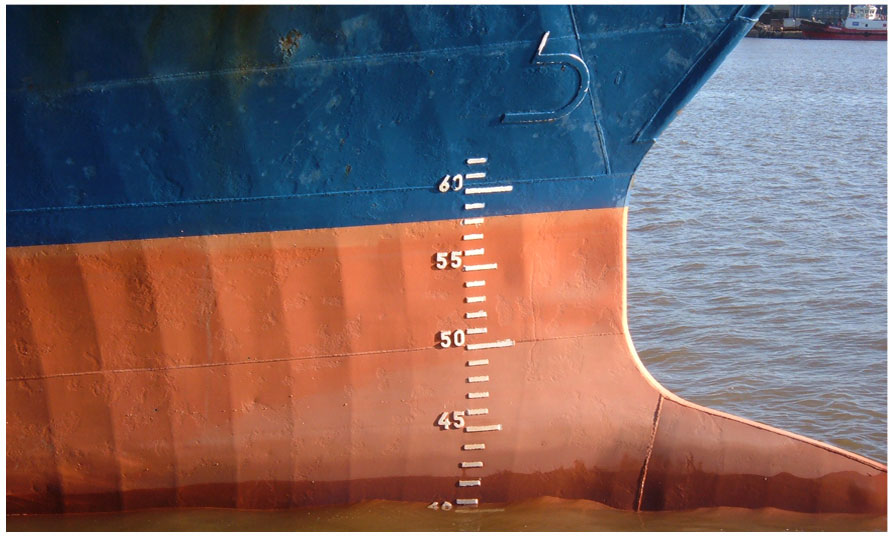

Cargo movements are predominantly by Sea , Air and Road . Whenever cargo gets damaged during transit, concern parties required to have an inspection report by a third party inspector an it is at this juncture our services are being sought. We act as interface between all concerned parties and our report incorporates all relevant information required by the instructing principal. The salient features of the cargo damage survey are estimation of the actual loss and throw maximum light on the cause of damage.
This inspection generally includes inspection of cargo on board vessel prior to discharge, report on the stowage condition , supervision of discharge and verify whether the discharge operation is carried out in accordance with the manifest and / or client's instructions, report on the damages, if any , upon discharge.
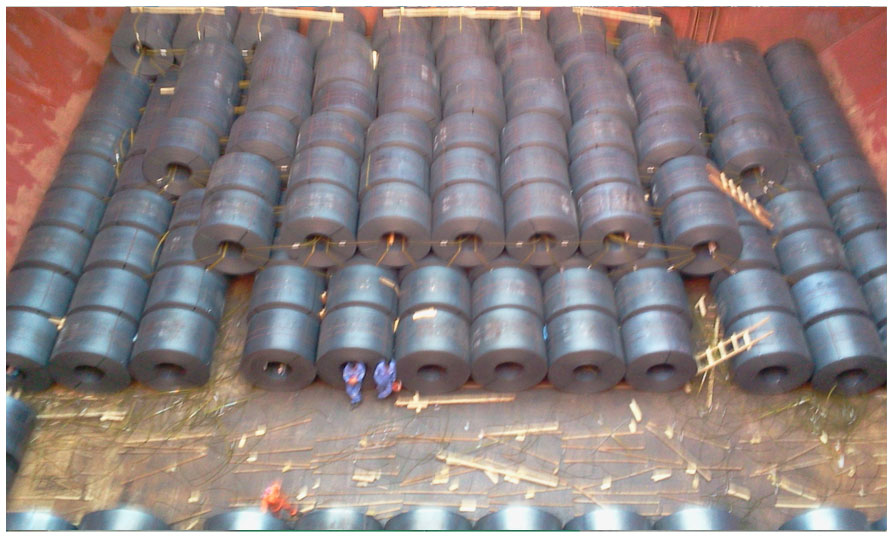
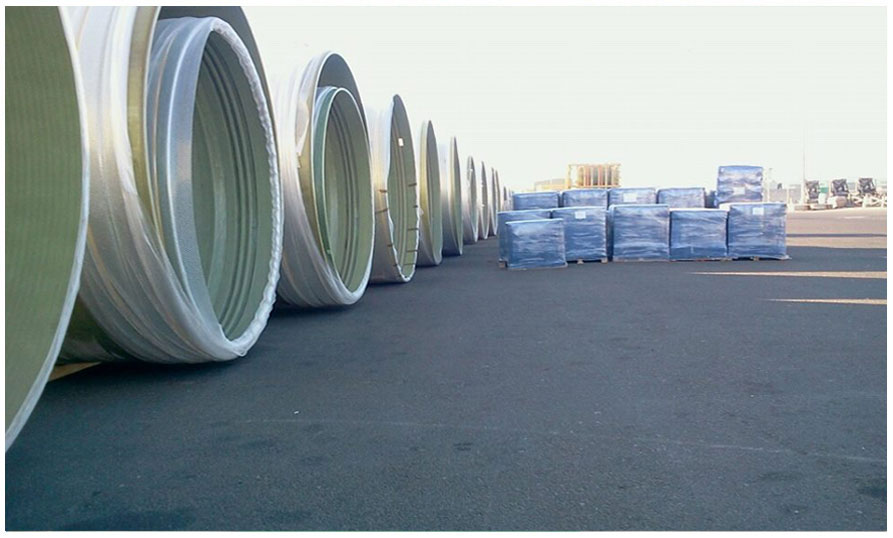
The scope of work under this category comprised of the following
This survey is carried out prior to loading and / or after discharge especially when there is a dispute between the shipper and the carriers on measurements of the cargo
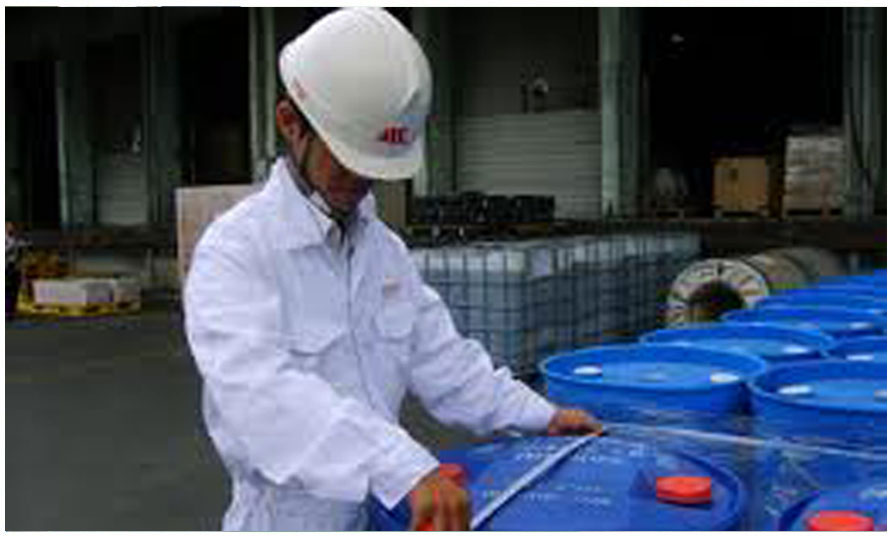
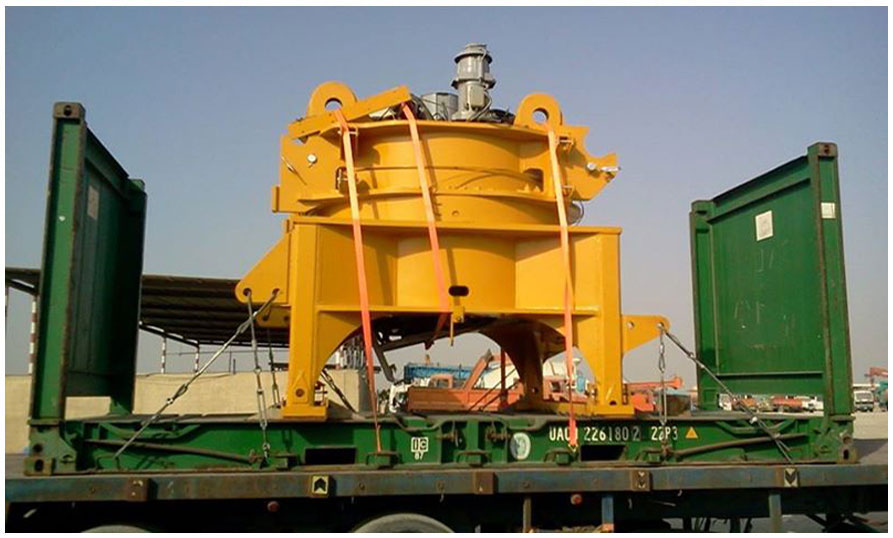
In the case of flat racks and open top containers, Lashing Survey certification has become a prerequisite. The scope of work includes inspection of lashing materials used and certify the adequacy of lashing of the cargo loaded on the container. And also to certify that the lashing provided is adequate for the intended sea transportation. We also undertake Lashing Survey of cargo transported on trailer trucks by road .
This survey is carried out on the start or completion of a charter of a ship. The scope of work consists of inspection of the holds, areas of decks and the ship in general including ship side plating with fair wear and tear consistent with the age of the ship is accepted. In addition to the conditions survey, a bunker survey is usually carried out to determine the quantity of various fuels in ships tanks. The calculations of bunkers on board the vessel are then adjusted to a time determined between the owner and charter party. Usually we represent either the owner or charter party in carrying out the survey.
This survey is carried out to quantify the cargo after loading on the vessel or discharged from the vessel by obtaining draft measurements.
